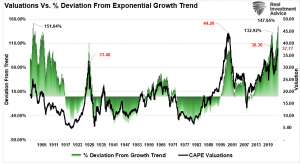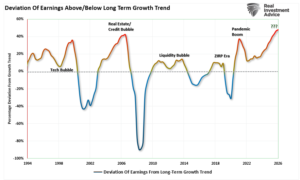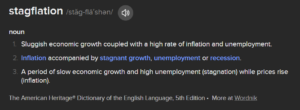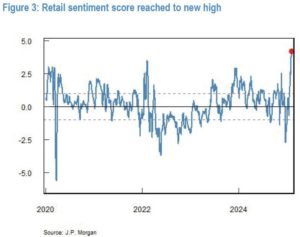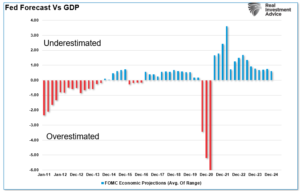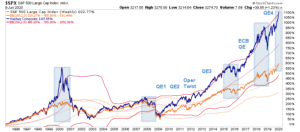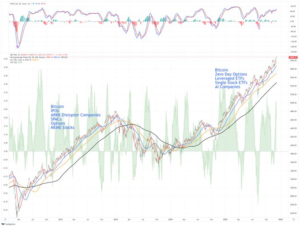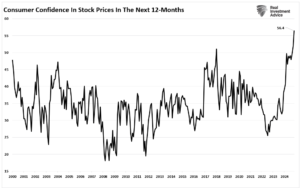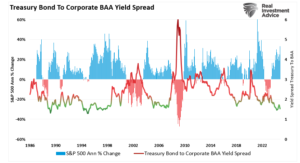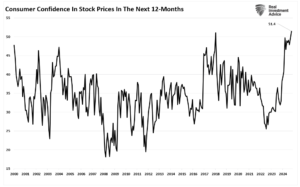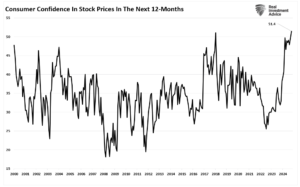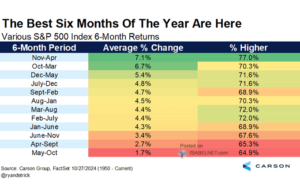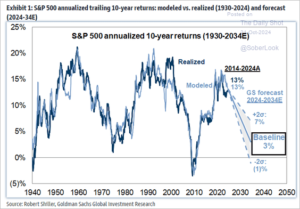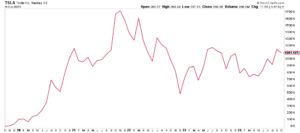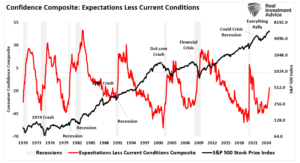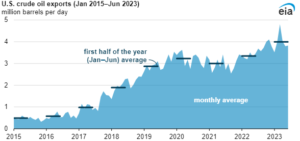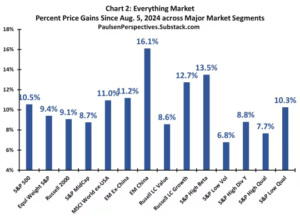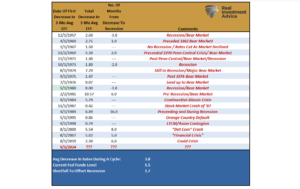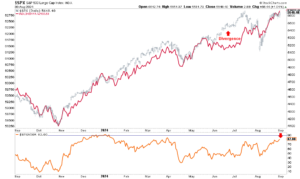Inside This Week’s Bull Bear Report
CFNAI Index Suggests Economy Is Slowing
How We Are Trading It
Research Report – CAPE-5, A Better Measure
Youtube – Before The Bell
Market Statistics
Stock Screens
Portfolio Trades This Week
February Weakness And The Outlook For March
Last week, we discussed that continued bullish exuberance and high levels of complacency can quickly turn into volatility. Over the previous week, the market fell sharply following news of a potential viral outbreak in China and more concerns about tariffs from the Trump Administration. While those were the headlines that gained the market’s attention, the reality was that the market was overbought and on a sell signal, setting the market up for pullback. The correction was not
Read More »

